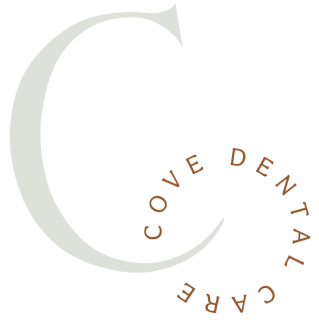Greer:
New Patient Experience
Welcome to Cove Dental Care
Our office is always open to new patients. We take a lot of pride in the experience we provide to each and every patient. If you’ve ever dreaded going to the dentist, that’s about to change. We see this as an opportunity to show what we’re all about: friendly, gentle, and comfortable dental care for you and your family.
Book Online

What to Expect Upon Your First Visit.
Carraway Family Dentistry is committed to delivering comfortable, state-of-the-art, and attentive dental care. Our unique new patient experience is the first step in achieving this goal. In this initial visit, you will meet Dr. Carraway, who will review your medical and dental history and goals with you. Digital images, x-rays, and an examination will also be conducted. You and Dr. Carraway will then collaborate to evaluate the results, identify treatment alternatives, and establish a customized plan and schedule. We will also explore payment options and arrange any necessary follow-up treatments.
